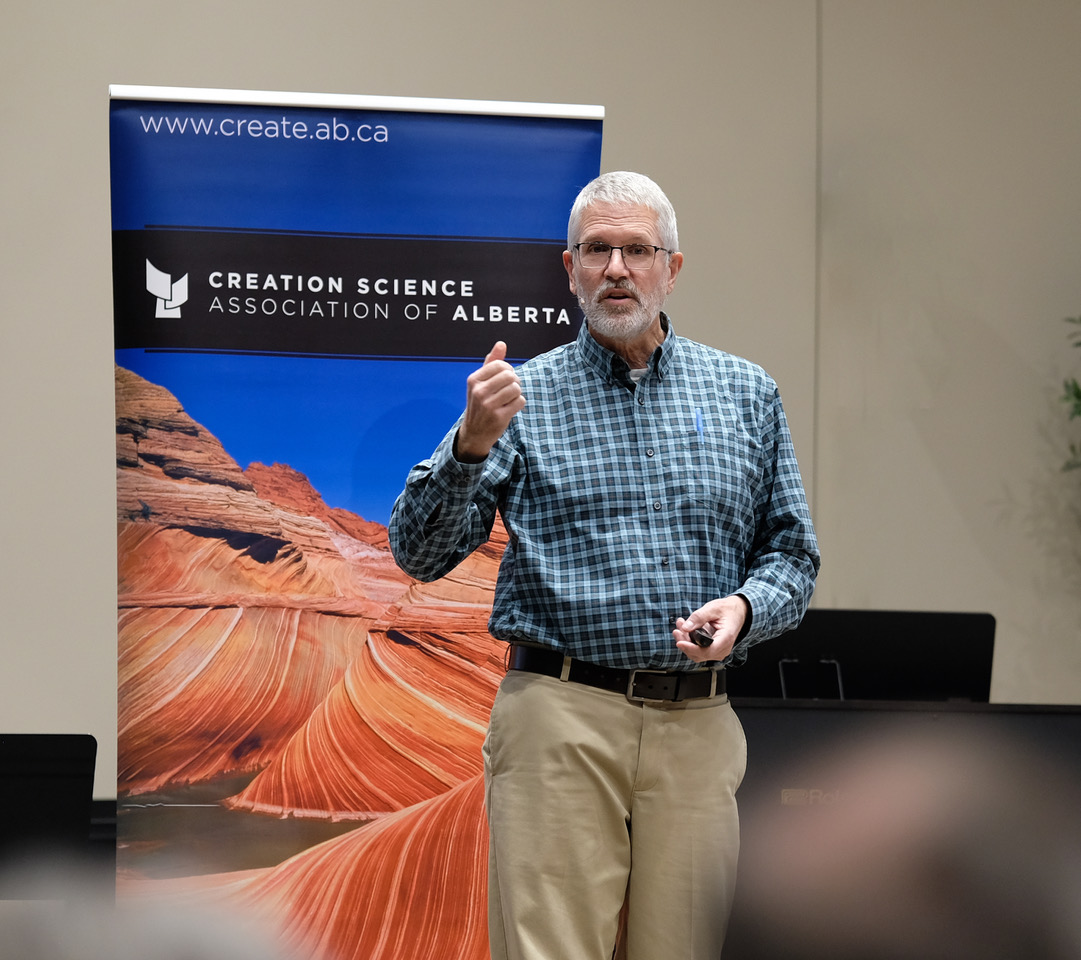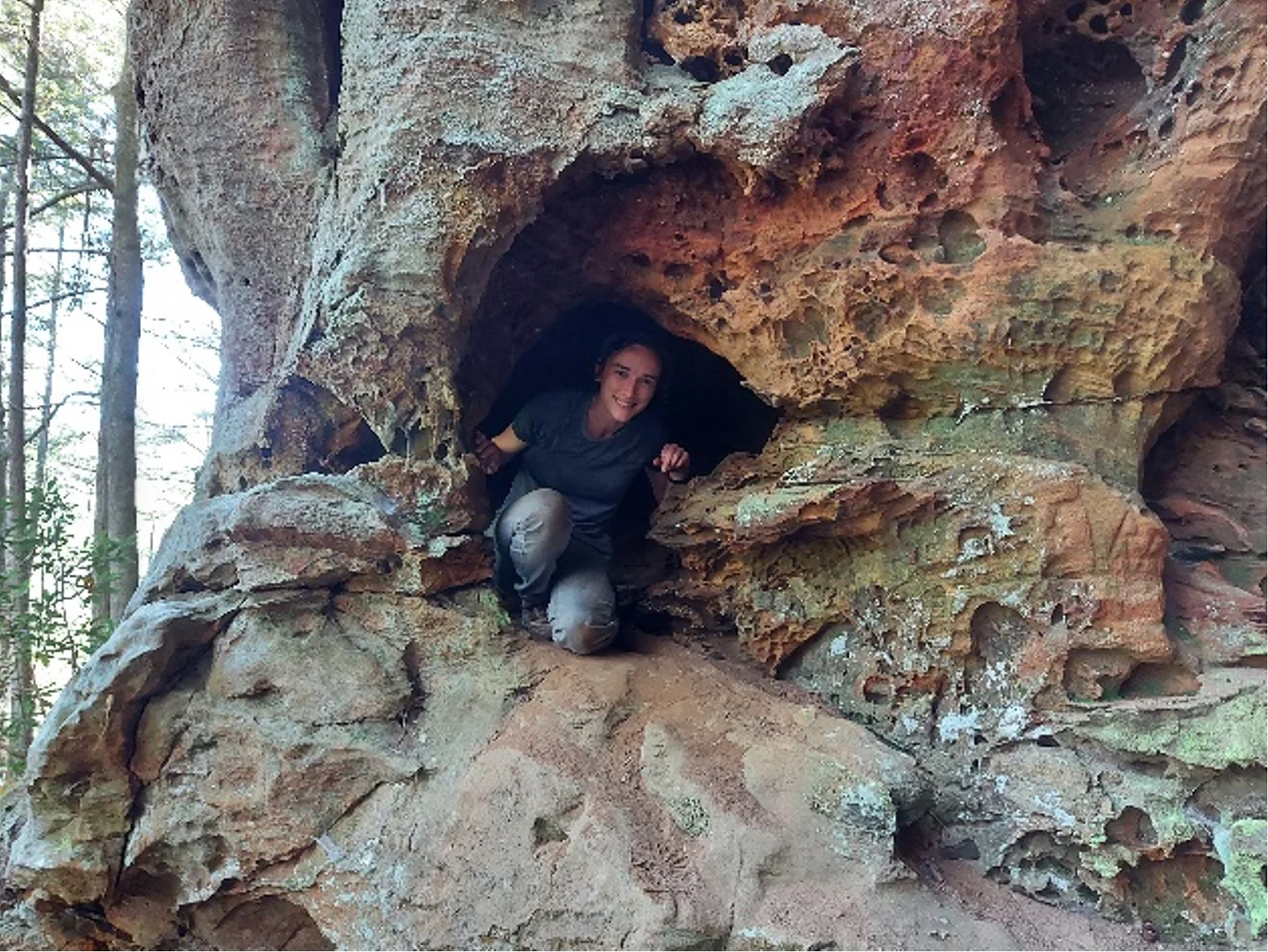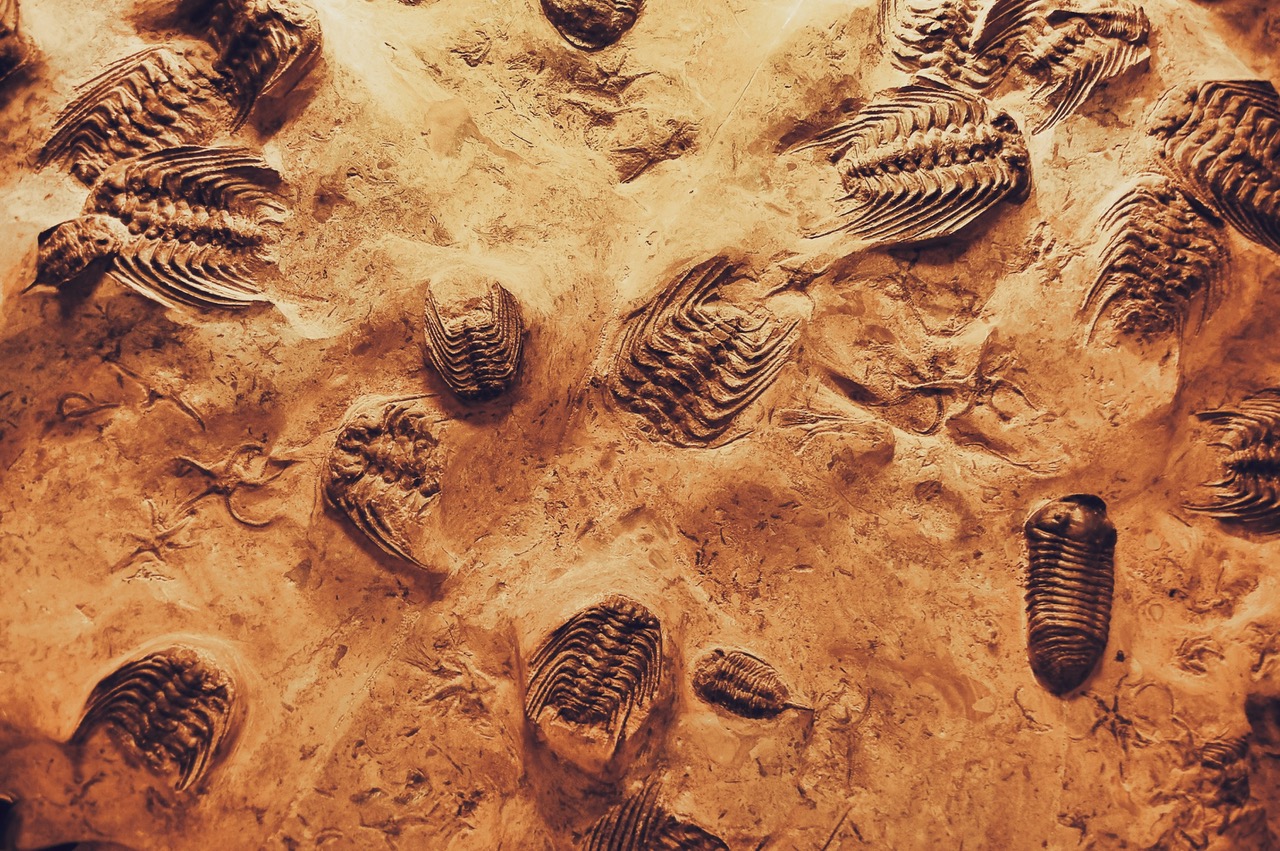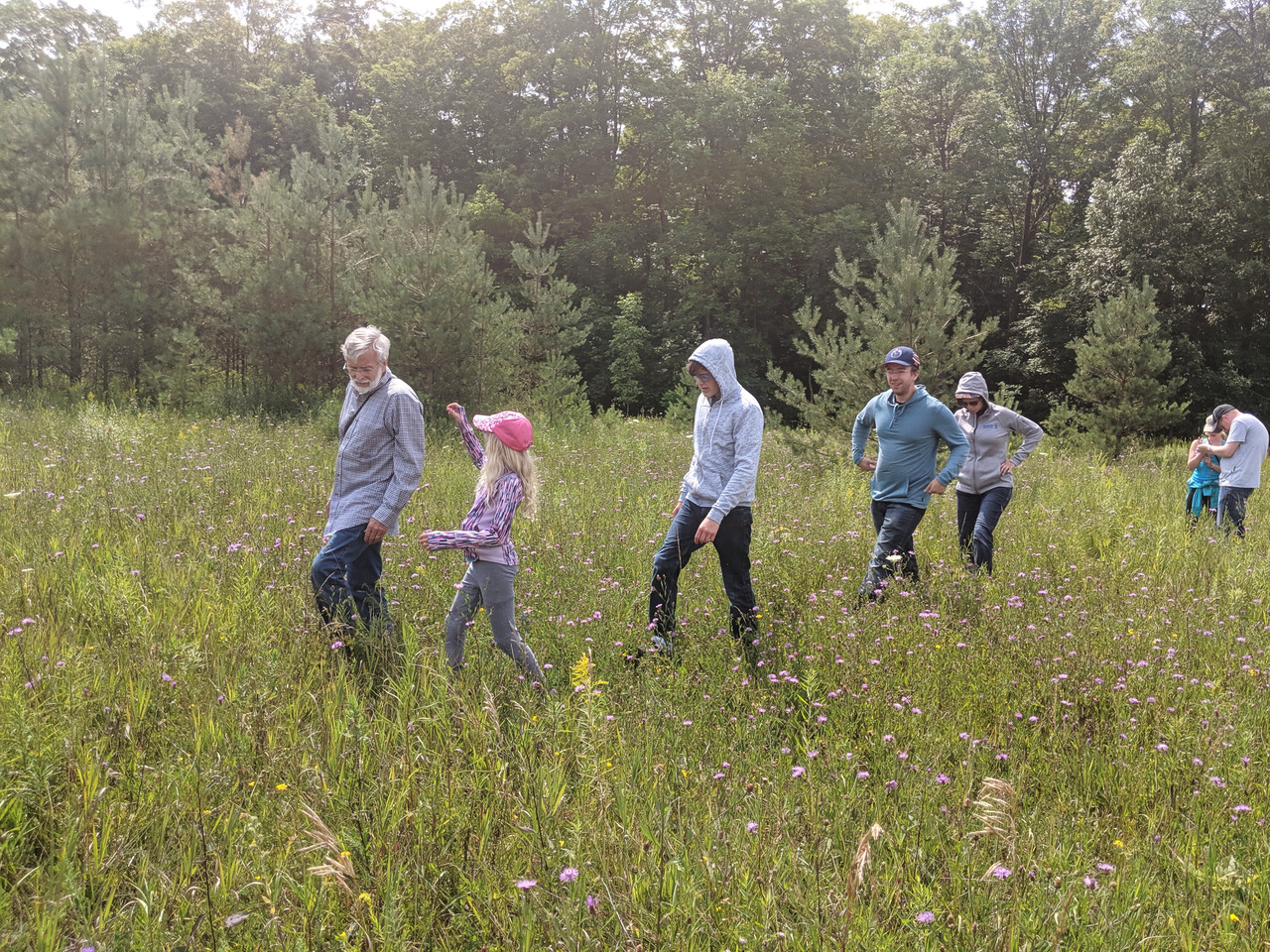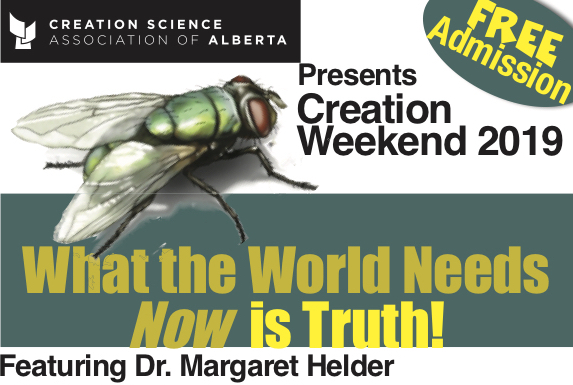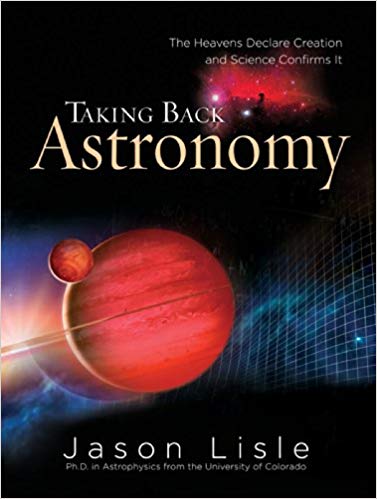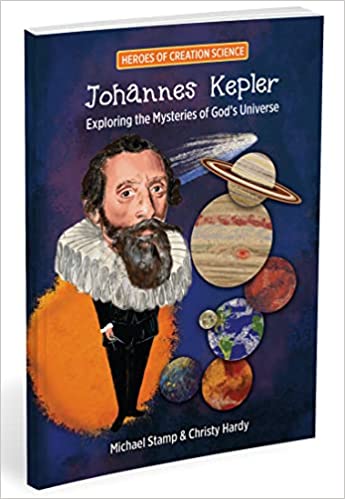Articles » Philosophy
The objective of education, in general, is to equip upcoming generations to understand their place in society and how to contribute in a meaningful way to the well-being of that society. Christians go further. Each generation seeks to communicate with youngsters our relationship to God, and our relationship to people and the world in which we live. Christians therefore declare that an important part of our mandate as citizens and believers, is to make sure that we are informed about current events and issues such as science which can exert such a dramatic impact on society, especially today. Thus, we seek to acquiesce with, or speak out against, various important policies in government and society. Indeed, few issues today have fashioned the values of society as much as has scientific thinking and the philosophical implications thereof.
Read the rest of this entry »Review by Margaret Helder
A just-retired forensic scientist, Dr. Mark Sandercock, has written an amazing book on scripture, science and current attitudes and customs in our modern society and how these compare to biblical revelation. The book is written for all interested Christians, but especially for those who may have doubts about six-day creation and need a little encouragement.
This work is divided into three sections. The first deals with Genesis 1-11. The second section deals with the evolution paradigm and how this does not compare favourably with what we see in nature, or indeed in scripture. The third section deals with several popular practices which plague our society, and why these customs are allowed and encouraged today when former generations did not allow anything of the kind.
Read the rest of this entry » Order OnlineIt was like old times again! What a pleasure it was to hear our speaker, Dr. Gordon Wilson of New Saint Andrews College in Idaho, address us in person. And everyone appreciated the wonderful venue, Meadowlands Baptist Church, which provided excellent technical assistance as well as an attractive facility. The opportunity to chat with other people and to buy new book and DVD titles, were additional blessings.
Read the rest of this entry »As Christians, we understand that people from earliest times have made their living from farming. Cain and Abel, for example, had crops and herds. The patriarchs Abraham, Isaac and Jacob had huge flocks of sheep, goats, cattle, donkeys and camels. Such flocks needed large areas of pasture for grazing. Also in Isaiah 28: 24-25 we read about farmers sowing crops of dill, cumin, barley and wheat. These farmers ploughed and sowed seeds. Nobody suggested that they should leave nature undisturbed. Farmers in New Testament times also ploughed the land and sowed seed. Agriculture has always been regarded as a good thing. At the present time however, agriculture has become somewhat controversial.
Read the rest of this entry »In past ages, Christian faith had a large impact on society. This faith determined the laws, the festivals/holidays, attitudes to family and to the environment. Of course, none of these customs and values perfectly reflected biblical norms, but that was at least the hope. More recently the pervasive belief system of society has turned from God to evolution. This about face has changed society’s values and hopes. Not least of these changes has been what society considers important to teach children. Soon we discover that evolution has become the foundation on which most curricula are based. This is the elephant in the (class) room. Attitudes in the public square, and attitudes in education, are based on a tacit acceptance of evolution, but nobody bothers to mention it.
Read the rest of this entry »It seems a long time ago, yet not a long time ago at all. In the early 1970s Alberta was poised to see a mass immigration of Canadians from other parts of the country, and later people from other parts of the world. The promise of a new prosperity lured many to the province. But ideas were changing too and the schools in the province were about to see a new emphasis on increasingly blatant humanistic and pro-evolution content, especially in science and social studies.
Read the rest of this entry »A Reflection
It has been suggested by some people that Christians reacted poorly to the threat posed by Darwin’s book The Origin of Species. Such criticisms miss the point. Influential English society had already abandoned an orthodox Christian faith and they were more than ready for Darwin’s ideas. The situation was similar in the United States. There were no arguments which could have changed these hearers’ minds. They heard what they wanted to hear and ignored what they did not like.
Naturally the first to speak out were prominent clerics. One of the most famous defenders of the faith was Samuel Wilberforce (1805-1873) Bishop of Oxford and son of the famous William Wilberforce who campaigned so long for the emancipation of the slaves in the British Empire. The Wilberforce family was known for their devout faith. Thus in a review of Darwin’s book, Bishop Wilberforce wrote:
Read the rest of this entry »Creation Weekend 2022 represented yet another experiment in our efforts to bring the presentations of featured speakers before a far-flung audience. Obviously live events are the ideal, when people can meet, share concerns, examine resources at first-hand, and engage the speaker in face-to-face conversation. But even online, the audience enjoys the speaker’s message and still has the opportunity to ask questions. In these uncertain times therefore, Creation Science Association of Alberta elected to provide a hybrid event.
Read the rest of this entry »HeadStart is a completely new tool available for high school students and their teachers (and postsecondary students). Written and developed by the Creation Science Association of Alberta, this tool is free and easily accessed. Check it out at www.create.ab.ca/headstart
Many people recognize that it is a privilege to learn about God, the Creator and his Creation. That is why, besides observing the natural environment in which we find ourselves, it is a pleasure to go beyond mere observations to discover how things work and why. Most young people undertake to study some science, at least at the high school level. But there is a problem, most programs of study include a lot of evolutionary concepts that point away from God and his work. Even seemingly innocent terms like microevolution, convergence, nucleus, fossil record and plant biology are loaded with evolutionary concepts. However, these phenomena themselves actually point overwhelmingly to the work of God, the Creator as described in Genesis and throughout the Bible. It was to communicate this message, that HeadStart was developed.
Read the rest of this entry »Creation Weekend 2021’s on-line conference with paleontologist Dr. Marcus Ross was so dynamic and interesting that it seemed as if we had heard him in person. I found myself thinking about his return trip to Virginia. But, of course, he never left Virginia. Nevertheless, with the wonders of technology, Dr. Ross was able to present two excellent and very different topics. Since his field of expertise is fossils, his whole first presentation dealt with fossils, specifically some scary marine reptiles called mosasaurs. The second talk dealt with the objectives of creationists in their pursuit of science.
In the Royal Tyrrell Museum’s spooky Bearpaw Sea exhibit, if you look up, you will see the skeletons of massive marine reptiles including mosasaurs. Dr. Ross actually came as a student to study Alberta mosasaurs at the Tyrrell Museum. Read the rest of this entry »
There is no doubt that we are drawn to organization that involves hierarchy. Carl Linnaeus (1707-1778) famously devised a scheme for plant classification according to their reproductive characteristics. He established the idea of grouping organisms into a hierarchy of progressively shared traits. In his Systema naturae (1735) Linnaeus decreed that this logical organization of living things should involve increasingly larger categories. Thus, all similar individuals would be members of a species, similar species could be lumped into a genus. Similar genera were clumped into a family, similar families into an order, similar orders into a class, similar classes into a phylum or division. These groups were supposed to be exclusive. An organism was supposed to be a member of only one group. In Linnaeus’ view, this logical arrangement of organisms reflected God’s character and wisdom.
But all that changed with Darwin. Read the rest of this entry »
Canada’s is proud of her connection with some great inventors, although sometimes the connection is a little remote. Consider the story of Guglielmo Marconi’s invention of wireless communication (radio). He spent only three weeks in St. John’s Newfoundland, but he made the city famous nonetheless. It was in mid-December 1901 that Marconi successfully received signals sent by collaborators from Cornwall, England, a distance of 3430 km (2100 miles). Within a few days Canada concluded an agreement with the inventor for the construction of a wireless communication station in Cape Breton. This provided him with a subsidized monopoly. Marconi then left Canada and the rest is history. Read the rest of this entry »
Highly divisive issues are rocking our society today and as Christians, we need insights into where these ideas are coming from, and what they mean for us and our children. There are few issues of greater interest to modern society than the environment. Christians therefore cannot allow themselves to remain ignorant on this topic.
With travel opportunities and wonderful photography from every continent, we cannot fail to be aware of the beauty and diversity in nature. Naturally Christians, like many others, appreciate and value our beautiful surroundings. It is no surprise then, that we hear a lot about the environment. But is the popular message a good one? Journalists, politicians and scientists are promoting big changes to our society in the name of environmental preservation. For example, two individuals from a Canadian think tank dedicated to promoting “climate and social justice”, wrote in a recent opinion piece: “The Green New Deal is capturing people’s imaginations and reframing the climate debate that builds on a ground swell of support for a major social and economic shift.” (Maude Barlow and Dylan Penner. July 12, 2019 Edmonton Journal). Read the rest of this entry »
While we may be aware of wonderful living creatures, we seldom reflect on the blessings of the material world. But the apostle Paul, way back in New Testament times in Lystra, assured his pagan audience that God provides favourable natural conditions to draw attention to himself. While God uses material blessings to draw attention to himself, some people wonder whether evolution can be included under the umbrella of God’s providential design. Since evolution is by definition a process that involves only matter and energy, then the evolutionary process can never involve foresight or design which are non-material. When we look at life however, we see features which demonstrate intelligent purpose and planning, thereby pointing to the work of God. Read the rest of this entry »
Friday and Saturday – October 25 and 26, 2019
Featuring Dr. Margaret Helder
- Original research in algae, aquatic fungi and freshwater ecology
- Taught biology to university and high school levels, and home school science workshops for all grades
- Science writer for Dialogue and Reformed Perspective and other Christian publications
- Expert witness at a trial on creation/evolution in the United States Read the rest of this entry »




